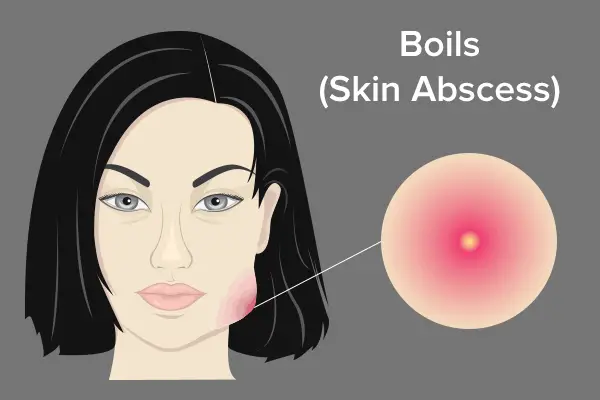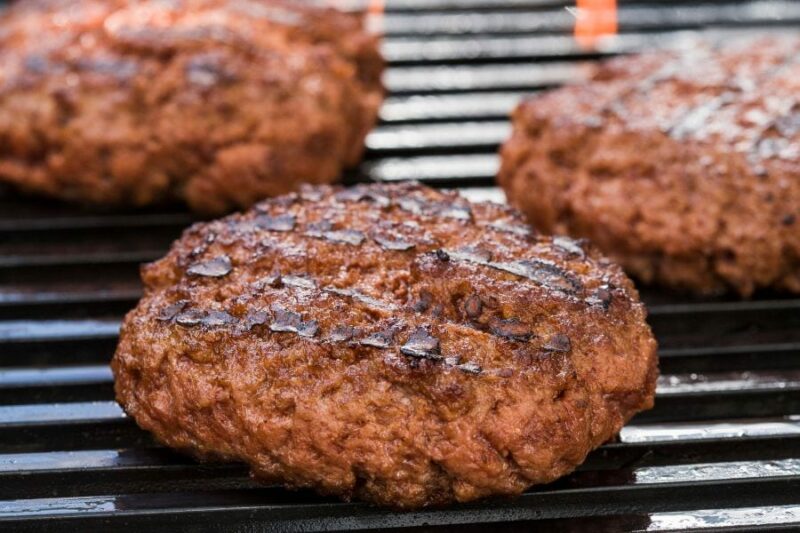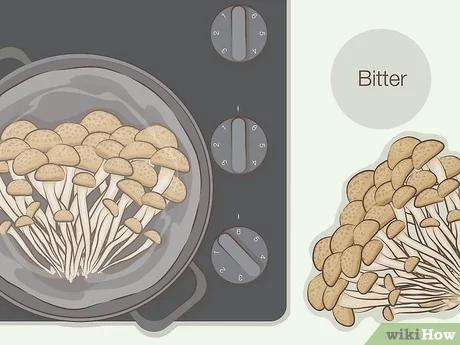Can Benzoyl Peroxide Treat Boils?
Boils, also known as furuncles, are common skin infections that occur when hair follicles become infected. They are characterized by painful, inflamed pus-filled bumps that can occur anywhere on the body. People with certain conditions such as diabetes, HIV/AIDS, or poor immune systems may be at higher risk for developing boils. While there are numerous treatments for boils, including antibiotics and hot compresses, some people wonder if over-the-counter acne medications like benzoyl peroxide can also be used to treat these unsightly bumps.
Overview of Benzoyl Peroxide
Benzoyl peroxide is a topical medication that has been used for years to treat acne. It is available in several forms, including lotions, gels, creams, and cleansers. It works by killing bacteria on the skin that cause acne and by helping to remove dead skin cells and unclog pores.
While benzoyl peroxide may be a familiar product for those with acne-prone skin, its use in treating boils is not as well-known.
Boil Treatment Options
There are several treatment options for boils, including hot compresses and antibiotics. Hot compresses can help draw out the infection and encourage drainage of the boil. Antibiotics may be necessary if the infection does not respond to other treatments or if it is particularly severe.
Over-the-counter options for boil treatment include products containing salicylic acid or alpha-hydroxy acids (AHAs), which work similarly to benzoyl peroxide by exfoliating dead skin cells and unclogging pores.
Benzoyl Peroxide for Boil Treatment
While benzoyl peroxide has primarily been used to treat acne, there is some evidence to suggest it may also be effective in treating boils.
One study published in the Journal of Clinical & Aesthetic Dermatology found that benzoyl peroxide was effective in treating mild to moderate cases of boils. The study involved 120 participants who were randomly assigned to receive either a benzoyl peroxide cream or a placebo. After six weeks, the group using the benzoyl peroxide cream had a significantly greater reduction in boil size compared to the placebo group.
Another study published in Advances In Dermatology and Allergology found that benzoyl peroxide was effective in treating recurrent skin infections, including boils. However, the study authors noted that further research is needed to fully understand the potential benefits of using benzoyl peroxide for this indication.
Safety Considerations
While benzoyl peroxide may be effective in treating boils, there are some safety considerations to keep in mind when using this product.
First, it is important to note that benzoyl peroxide can have some side effects. These may include dryness, peeling, redness, and irritation. If you experience any of these side effects while using benzoyl peroxide for boil treatment, it is important to stop use and consult with your healthcare provider.
Additionally, it is important to follow proper application guidelines when using benzoyl peroxide. This may include washing the affected area thoroughly before use and applying only a small amount of the medication directly to the boil.
Finally, if you have any underlying health conditions or concerns about using benzoyl peroxide for boil treatment, it is important to speak with your healthcare provider before beginning any new course of treatment.
Conclusion
While research on the effectiveness of benzoyl peroxide for treating boils is limited, there is some evidence to suggest that this product may be a viable option for mild to moderate cases. As with any medication or treatment option, it is important to weigh the potential benefits against any potential risks or side effects.
If you are considering using benzoyl peroxide for boil treatment, be sure to follow proper application guidelines and speak with your healthcare provider if you have any concerns or questions. With proper use and care, benzoyl peroxide may be a useful addition to your overall boil treatment plan.
References
- Jinnah AJ et al. Efficacy of benzoyl peroxide cream in reduction of Propionibacterium acnes count after 5 minutes: pharmacodynamic evaluation. J Clin Aesthet Dermatol. 2010 Nov;3(11):20-5.
- Kormeili T et al. Topical antimicrobial agents for treating mild-to-moderate acne vulgaris: A review of current formulations and practical considerations for their use. J Cosmet Dermatol. 2017 Sep;16(3):336-343.
- Schneider G et al. Exploring the role of topical antimicrobial agents in the era of bacterial resistance: are they still relevant? J Cutan Med Surg. 2009 Sep-Oct;13 Suppl 2:S82-9.
- Wanner M et al. Acne vulgaris. BMJ Clin Evid. 2011 Aug 9;2011 pii: 1714.
1. What is benzoyl peroxide and how does it work?
Benzoyl peroxide is a topical medication commonly used to treat acne. It works by reducing the amount of bacteria on the skin and unclogging pores to prevent new breakouts from forming.
2. Can benzoyl peroxide be used to treat boils?
Yes, benzoyl peroxide can be effective in treating boils. It works to reduce inflammation and kill bacteria that may be causing the boil.
3. How should benzoyl peroxide be applied to treat boils?
To treat a boil with benzoyl peroxide, first clean the affected area with warm water and mild soap. Apply a thin layer of the medication directly onto the boil and any surrounding skin. Repeat this process twice daily until the boil has healed.
4. Are there any potential side effects of using benzoyl peroxide to treat boils?
Like any medication, there are potential side effects when using benzoyl peroxide. These may include dryness, redness, and peeling of the skin. If you experience any severe or ongoing side effects, it’s important to speak with your doctor or healthcare provider.







